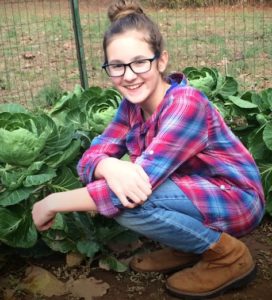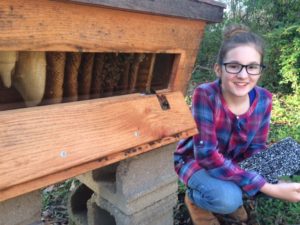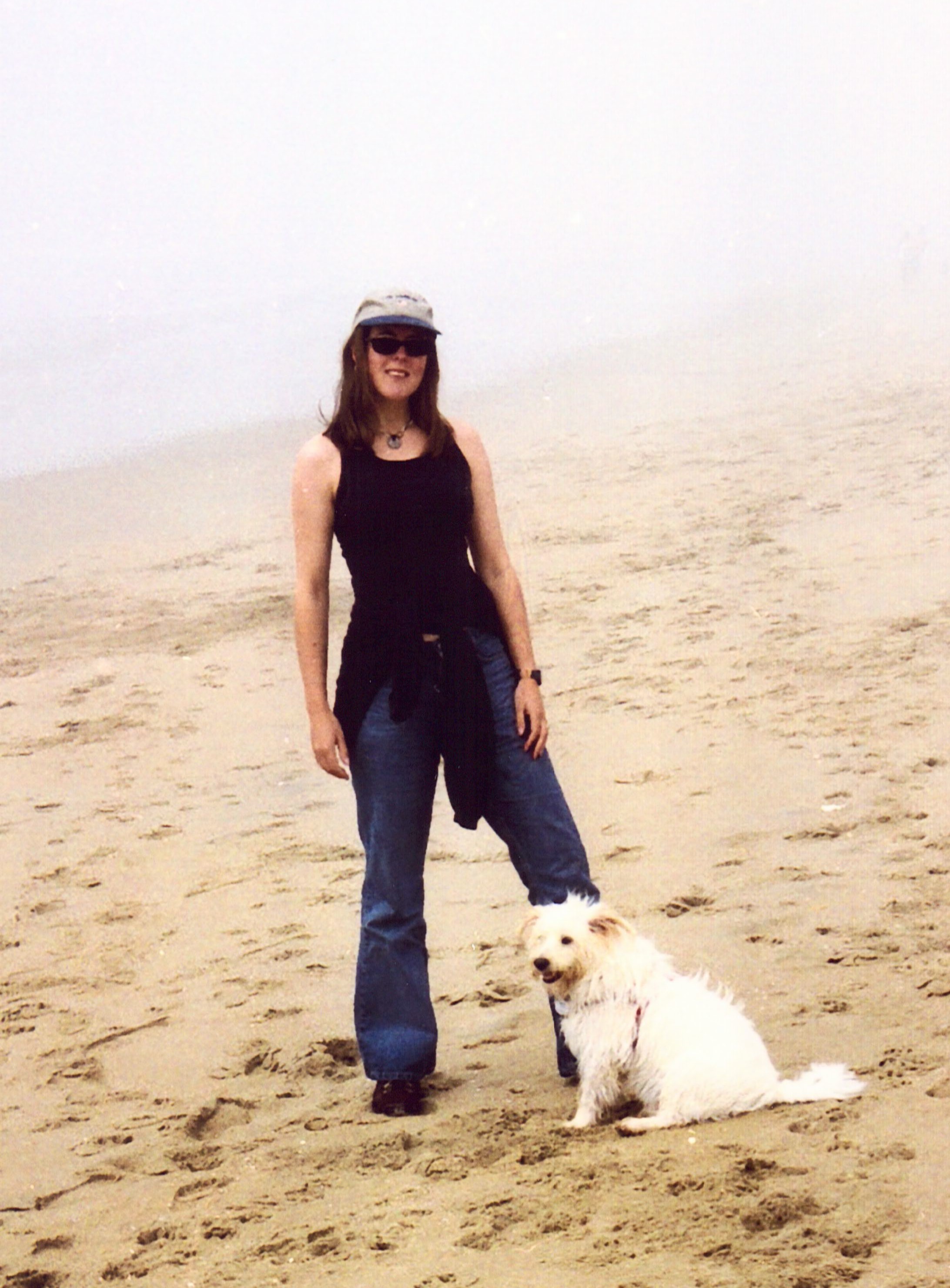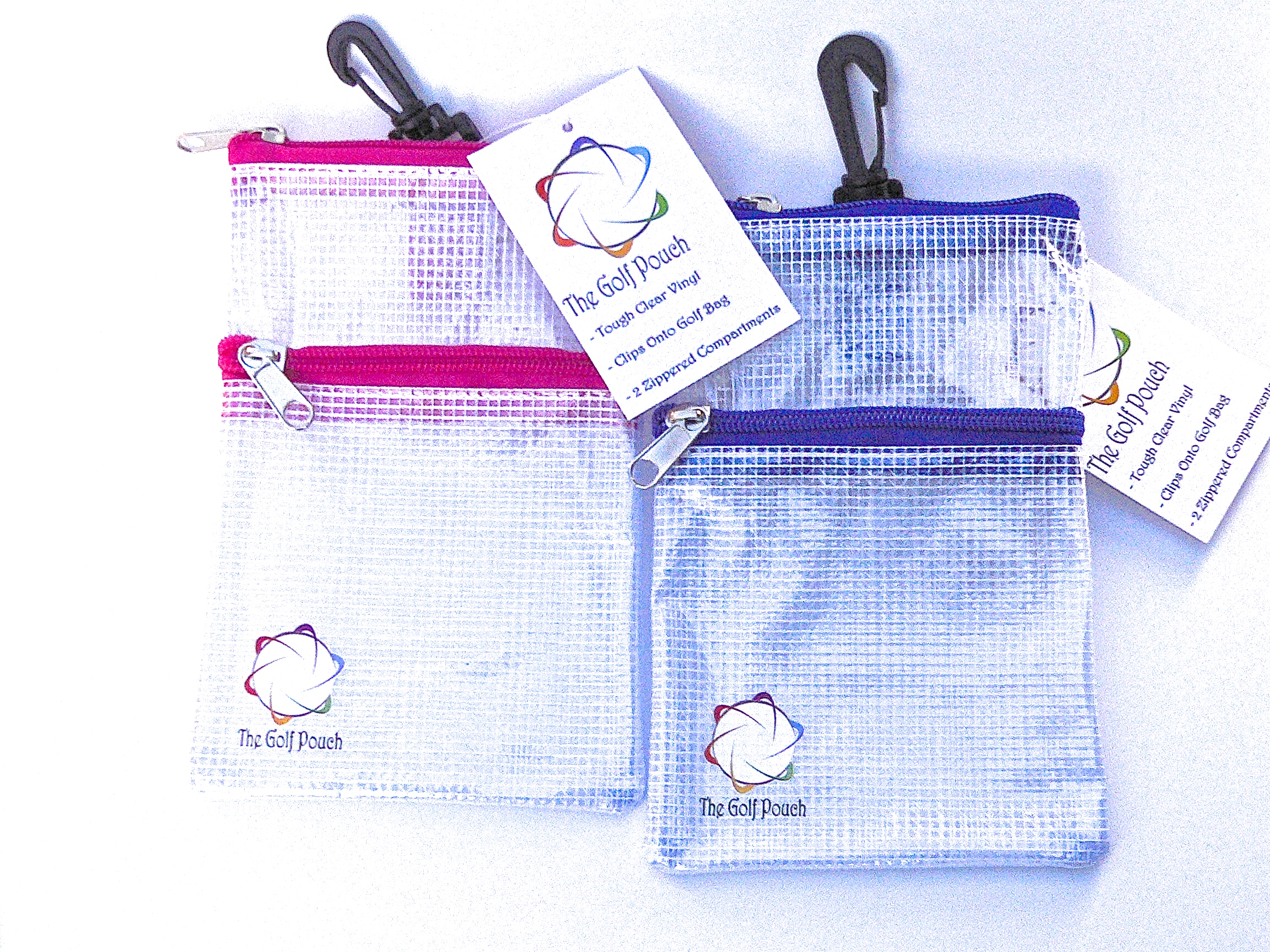Know Your Food, Know Your Farmer : One girl’s mission by Carrie Grace York
Know Your Food, Know Your Farmer : One girl’s mission to create awareness about where our food comes from and educate the next generation on the benefits of locally produced food.
Last year I presented plans to the Principal of my Elementary School to start a gardening club. I never got to participate in the new school garden because I graduated to middle school, but I always smile when I see the little cabbages sprouting out in the beds. I have always enjoyed the outdoors. My grandparents taught me at an early age about gardening and how their parents used special practices to make healthier, livelier gardens. Farming seems to have become a lost art with my generation, though what we eat each day has a big impact on our lives. I would like to see children my age more concerned about where their food comes from. I believe we would all benefit if more locally produced food was easily accessible, contained no genetically modified (GMO) ingredients, and chemical free.
Farming is one of my passions, and even though I have a lot of experience with gardening, I started researching good farming practices and speaking to local farmers who educated me on the importance of the sustainability movement. Essentially, if we take care of the land now, it will be healthy enough to reuse year after year, generation to generation.
Near my home is a little Farmer’s Market. It consists of a few booths selling jams, vegetables and canned items. I did a survey of people living in my town and 77% of the people I surveyed had not been to the Farmer’s Market in the last year and only 2.2% of the people surveyed purchased the majority of their groceries from the Farmer’s Market. Wal-Mart is down the road, a lot cheaper and obviously more convenient.
I live in a small town in Georgia that borders Haralson and Carroll Counties and I want to figure out what can be done to get local food straight to people’s tables while also making sure that the majority of the money spent on these products remains in the local economy.
Farmgate is the revenue generated from the sale of agricultural products. Georgia’s total farmgate production in 2014 was $14.1 billion which is a 3.5 % increase from 2013. Carroll County was twentieth in the State for the highest farmgate out of 156 counties, which represents 9.5% of the State’s total. On the other hand, Haralson County only generated approximately 1% of the State’s total. Most of Carroll County’s farmgate earnings comes from livestock, poultry and agritourism. Haralson County’s farmgate is mostly from poultry, livestock and forestry.
Carroll County has a Community Supported Agriculture (CSA) market where you can buy local produce and meat. I visited local farmers, from urban-gardening locations to rural honey bee farms, and learned how they make use of sustainable techniques to grow chemical-free food and maintain the land for future use. They also showed me how to use composting to reduce waste. I surveyed the farmers and learned that the main reason they choose to conduct sustainable type farming is for nutrition and safety and knowing what is and what is not in the food. The majority of the farmers I spoke to sell their products to farmers’ markets, to people they know, and local restaurants.
The reason that chemical-free, sustainable techniques are popular with local farmers is also because of the potential health issues related to our food supply. Many chemicals are present in packaged foods including pesticides, herbicides, preservatives, artificial colors, artificial sweeteners, antibiotics and hormones, Health issues that are a result of consuming these chemicals include cancer, heart issues, diabetes, obesity, brain disorders and potentially even Alzheimer’s.
Half the farmers I interviewed live in Haralson County, however, they sell their products in Carroll County and other places. What sort of opportunities exist for these farmers to sell their goods closer to home and keep it in their County?
A little research showed that we used to have a Farmer’s Market in Haralson County but it was poorly managed and poorly attended with the result that it is no longer in operation. I would like to contact the Mayor and Chamber of Commerce and look into opportunities of starting it up again and finding a way to better promote the market and make it more attractive to farmers and customers.
I would also like to see the local school districts and hospitals consider buying local food products to serve in their cafeterias where they can. This will be an economic benefit to local farmers and a health benefit to the children, employees and patients. Locally owned restaurants can also male a commitment to use locally grown products where they can.
These steps will allow the money generated from the sale to be put back in the local economy instead of being lost to a giant corporation or even in another country.
According to a recent Gallup Poll, the average American spends about $151.00 on food per week. Cost would be a factor in a lot of peoples’ choice not to buy local products, however, if every family in Haralson and Carroll Counties would spend just 10% of their food budget on local products this would result in approximately $28 million a year that would stay in the local economy.
I believe this could be done by making more people aware of this issue and by creating more ways for local farmers to sell products on a local level. In addition, there would be health benefits which would result in lower healthcare costs and prescription drug costs. As a local farmer stated in the survey I conducted: “Good food is cheaper than a good prescription drug or cancer.” Healthier people with more money to spend elsewhere are also happier in general which creates a better place to live in general.
Sustainable farming practices also have less environmental impact which improves the overall quality of life for our community. This includes less runoff into streams and the use of natural products instead of chemicals. In addition, local products are not transported as far as commercially grown products and use less gasoline and other fuels.
These are just the thoughts and hopes and dreams of one person from one County. If others had similar hopes and dreams widespread change could happen in the agricultural communities which would have a trickle down effect to everyone.
Carrie Grace York is a middle school farmer with a mission to educate her generation on the necessity to create sustainable farming practices and encourage people to support farmers’ markets and community supported agricultural options.









Great job Carrie Grace! I love your thoughts and ideas.
CG!!
.
Love your blog. I have to brag and tell you that my garden this year is the prettiest I’ve ever had. I made id sticks for each row, and I made the walkways wider. I also sectioned my garden better. A student gave me an Uncle Sam garden gnome, so he is guarding the squash mounds.
Keep up the good work. Who knows where this mission will lead you. Hey! Research the 20-20 goal. GA wants to have 20% of its schools’ lunches to come from local farmers by the year 2020.
Your talents always amaze me, CG!!
Love ya,
Alison Tanner